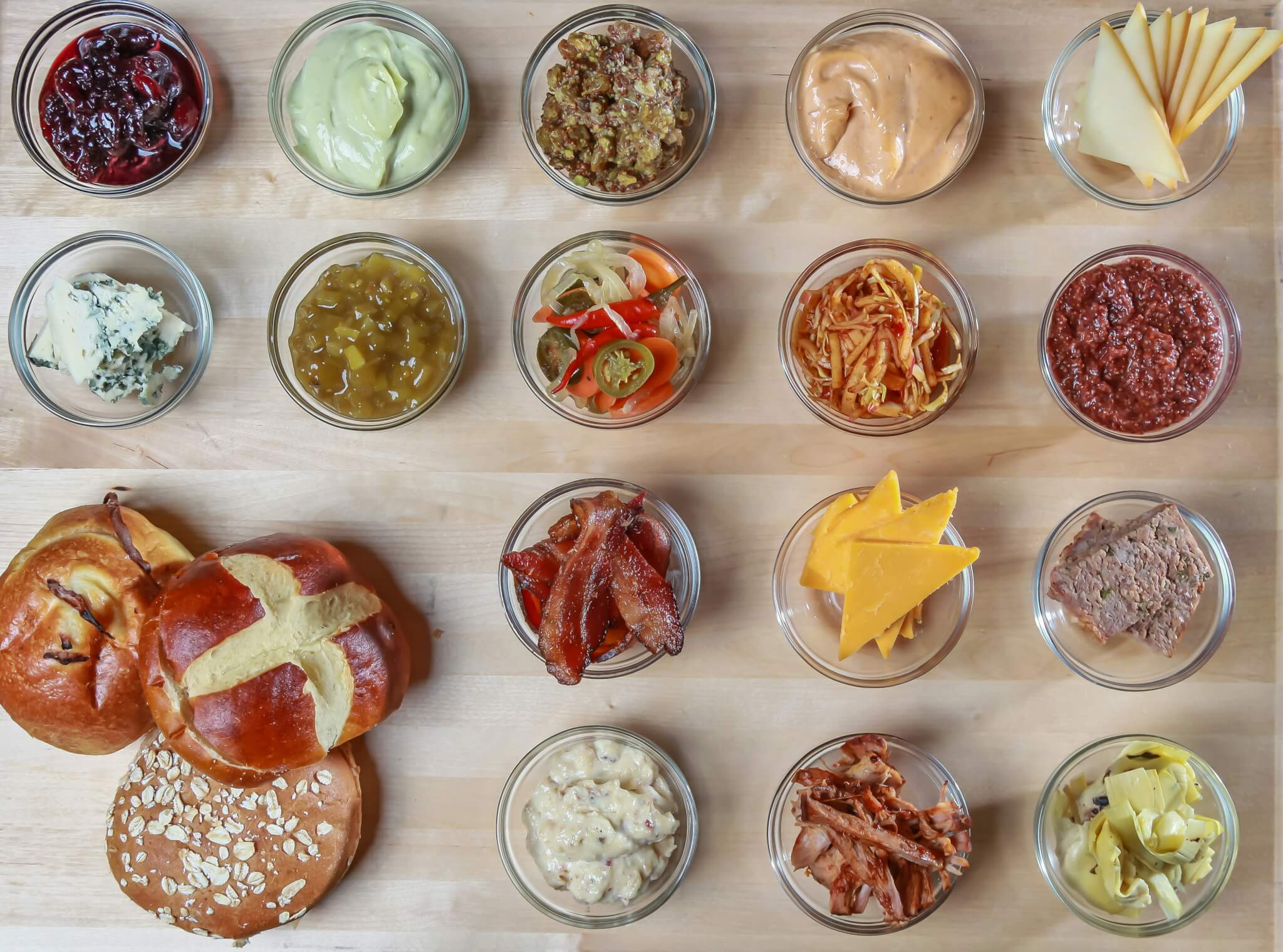Does Weight loss influence consumer behavior?

According to a new study by the UBC Sauder School of Business and French researchers, people with obesity tend to be more receptive to food marketing – but when their weight drops significantly, so does their reaction to marketing.
Obesity rates have risen dramatically in developed countries over the past 40 years – and many people have assumed that food trade is at least partly to blame. But are obese people really more sensitive to food marketing? And if they are, is it a permanent predisposition or can it change over time?
For the study, which was published in the Journal of Consumer Psychology, the researchers followed three groups of patients: with severe obesity before and after a gastric bypass; obese people who have not undergone bariatric surgery and people who have not been obese.
To measure their ability to respond to food marketing, the researchers evaluated what are called framing effects – that is, how the “framework” of branding, advertising and labeling thus influences food evaluations and choices. In one study, participants were asked to estimate the calorie content of well-known snacks and beverages, including some, which traders usually classify as healthy (e.g., apple juice, granola bars), and others; which are not classified as healthy (ie soft drinks, chocolate bars).
The researchers found that everyone underestimated the calorie content of snacks that were classified as healthy, but the effect was more pronounced in obese people.
To further test the effect of framing, the researchers asked participants to hypothetically choose a portion of french fries from a fast food restaurant and provided them with the nutritional information they needed to make an informed decision. The three options were always the same in quantity – 71g, 117g and 154g – but in one case they were labeled small, medium and large, and in another case the same portions were labeled mini, small and medium: a tactic of marketing aimed at making larger portions seem more reasonable.
“We measured how likely people were sensitive to this setting and whether they would change the choice of the amount of french fries depending on how the portions are labeled,” explains Dr. Cornil, who says people with obesity are more likely to follow. labeling and not the actual quantity information – so they would choose the portion labeled “medium” even if it is quite large.
In general, the researchers, who worked closely with the Pitié-Salpêtrière Hospital in Paris, found that obese people tended to be more receptive to food marketing – but when they lost a significant amount of weight due to bariatric surgery, their level of reaction to food trade has fallen substantially.
Dr. Cornil says the findings are particularly important because, for years, researchers have assumed that marketing messages – especially for high-calorie, low-nutrition foods – are at least partially responsible for the obesity epidemic , but not there was empirical clarity evidence.
Our studies have similar results to the above. Dahna users, who have chosen to change their lifestyle, give up high-calorie foods and choose recipes from the Mediterranean diet, tell us that after a while, the Dahna app is not just a diet app, but has become part of their daily routine. At the same time, even their behavior has changed! I no longer stock up on food and implicitly I no longer feel the impulsive need for high calorie foods.
Dahna is your ally for a healthy lifestyle! Download the Dahna App!
Source here












